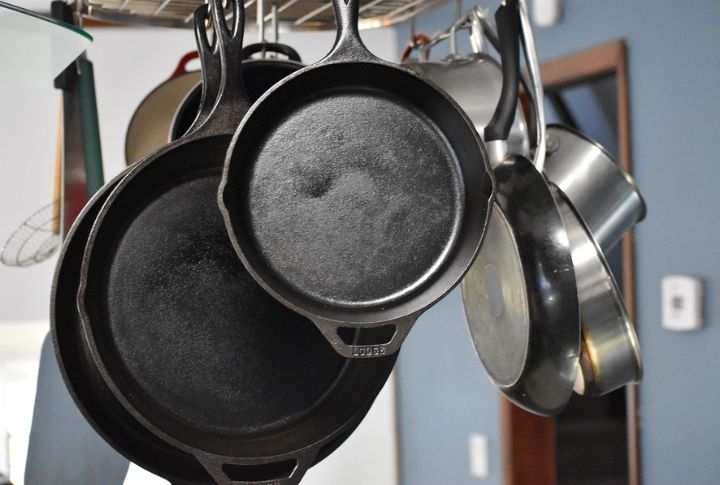
Cast iron skillets are cherished for their durability and superior heat retention. Proper care is important to keep them spotless and rust-free. Here are 15 effective methods to help your skillet stay in great shape for years.
Season Your Skillet Regularly

Regular seasoning is key to keeping cast iron in top shape. When you heat a layer of oil on the skillet, it forms a natural non-stick coating that helps ward off rust. Proper seasoning makes cooking easier and protects the skillet’s longevity.
Use the Right Cleaning Tools
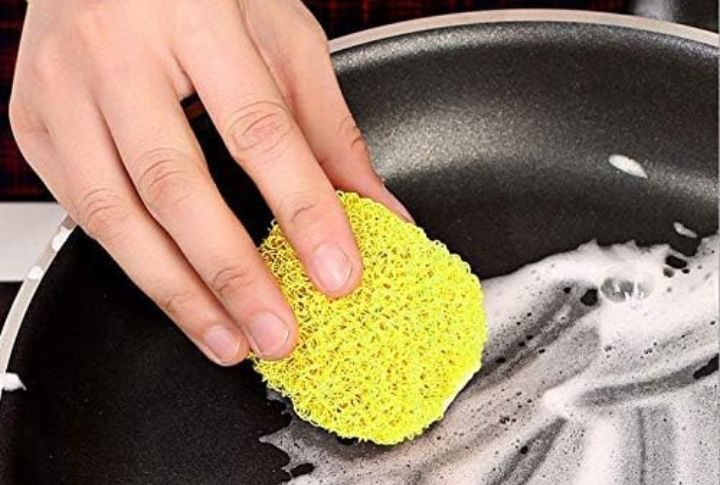
Skip the steel wool! Instead, use a stiff brush or nylon scrubber when cleaning cast iron. Harsh tools can scrape off your seasoning, which exposes the surface to rust. Stick with gentler options to keep your skillet’s non-stick and protective layers intact.
Avoid Soaking in Water
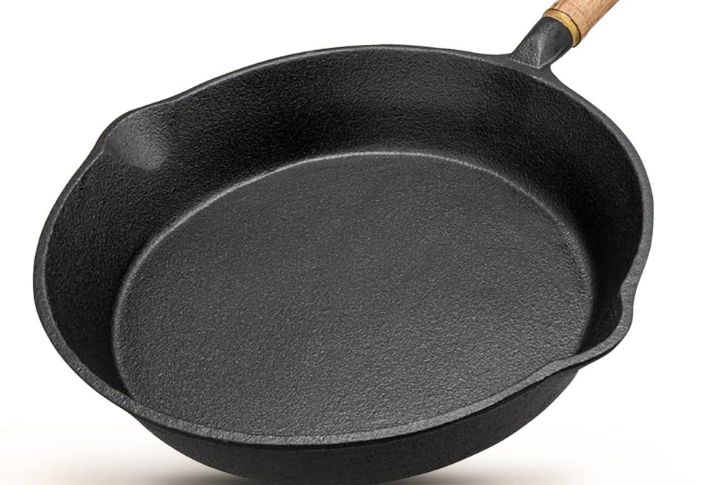
Water is a cast iron skillet’s worst enemy. Soaking it for long periods will lead to rust. Instead, clean it right away and never let it sit in water. Proper care means a longer life for your skillet and fewer rust headaches later.
Clean Immediately After Cooking
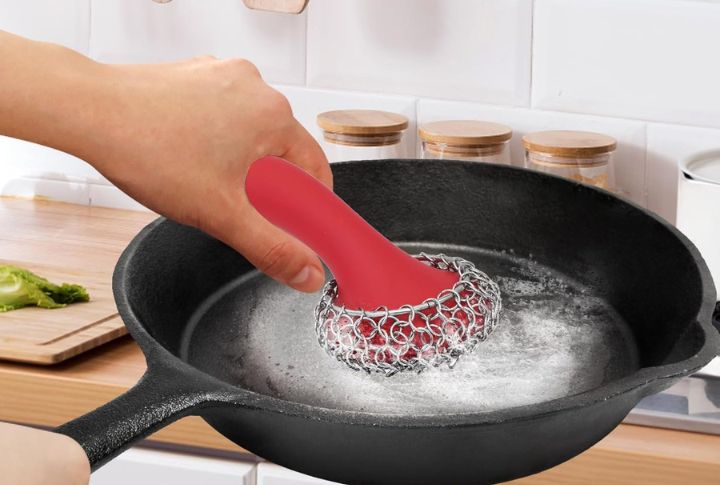
Once your meal is done, don’t delay the cleanup. When the cast iron is still warm, it’s easier to clean it to remove food residue easily without harsh scrubbing. This immediate cleaning keeps the surface smooth and ready for the next use.
Use Coarse Salt as a Scrub
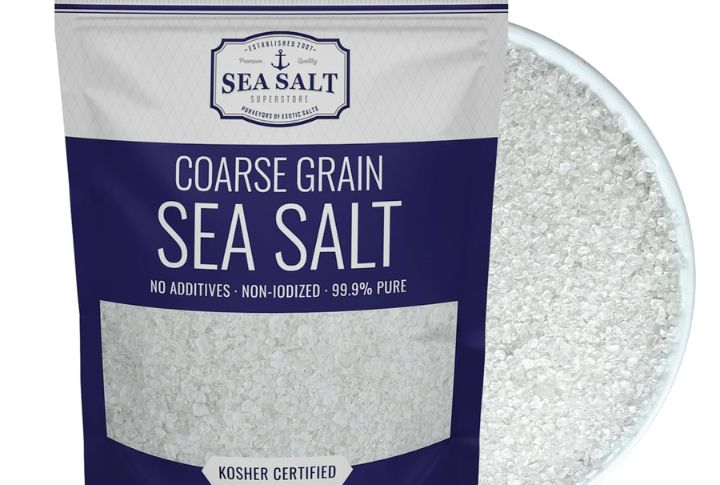
Need a natural, gentle scrub? Reach for coarse salt. It removes stubborn bits of food without damaging your skillet’s surface. Simply sprinkle it in and scrub lightly with a cloth or sponge before rinsing—an eco-friendly way to keep it spotless.
Dry Thoroughly After Washing
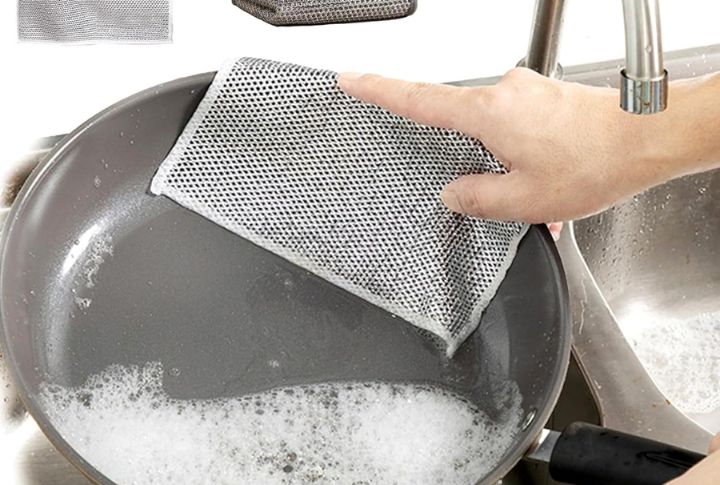
Moisture is the fastest way to rust your skillet. Always dry it thoroughly after washing, either by towel drying or placing it on low heat. This simple step ensures your cast iron stays rust-free for the long haul.
Apply Oil After Cleaning
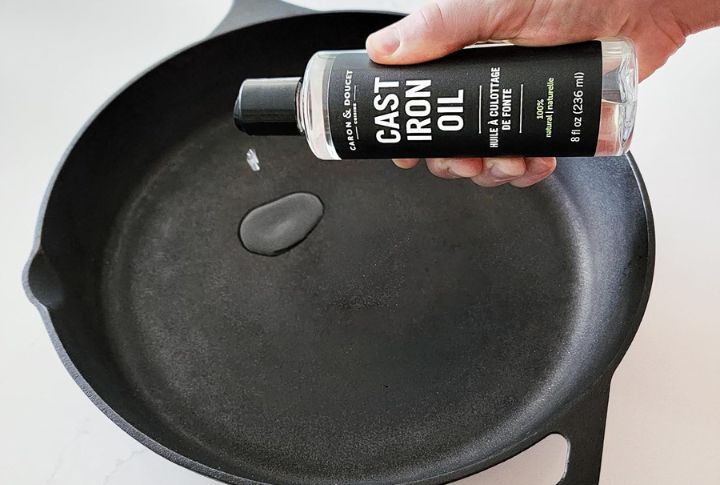
Store in a Dry Place
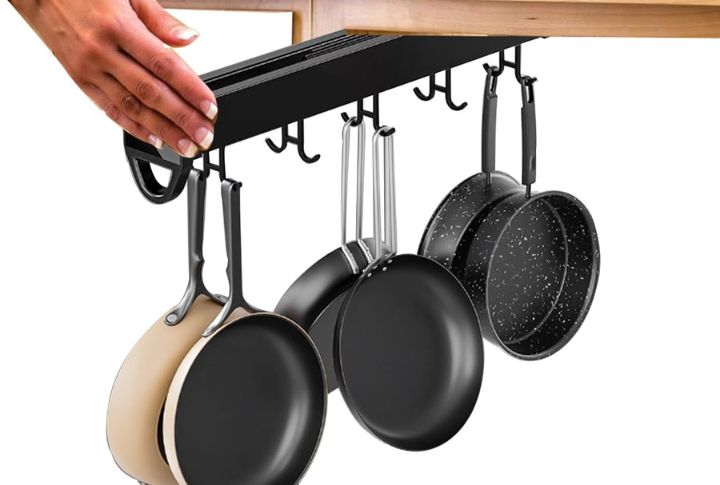
Avoid storing your cast iron skillet in damp areas to prevent rust. High humidity causes moisture to form, so make sure to keep it in a dry, cool spot. Doing this will keep the skillet rust-free and ready to cook at any time.
Avoid Cooking Acidic Foods
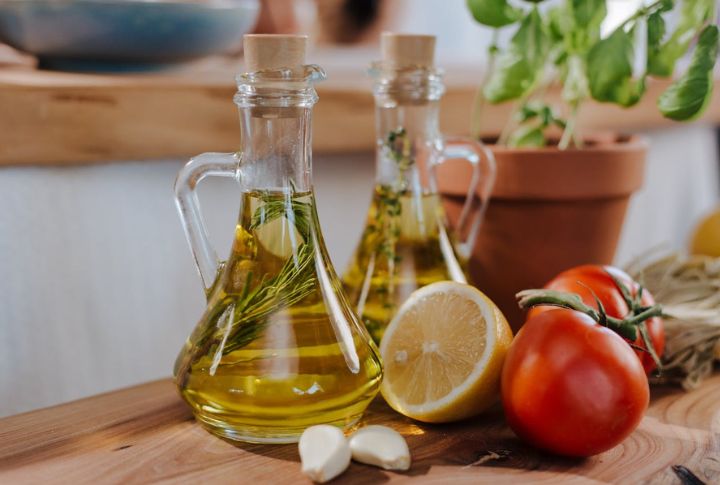
Do not cook acidic foods like tomatoes, vinegar, and citrus in your cast iron skillet, as they damage the seasoning and result in rust or unpleasant flavors. If used, reseason the skillet afterward to maintain its condition.
Use a Non-Metal Scrubber
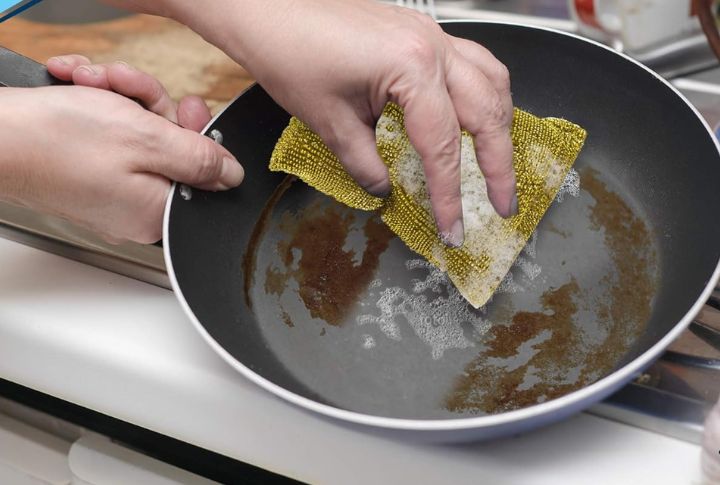
Metal scrubbers are too harsh for cast iron and damage the seasoning. Using a non-metal scrubber, like a sponge or soft brush, is better to clean away food residue without harming the protective layer. This keeps the skillet’s surface smooth and non-stick.
Restore Rusty Skillets
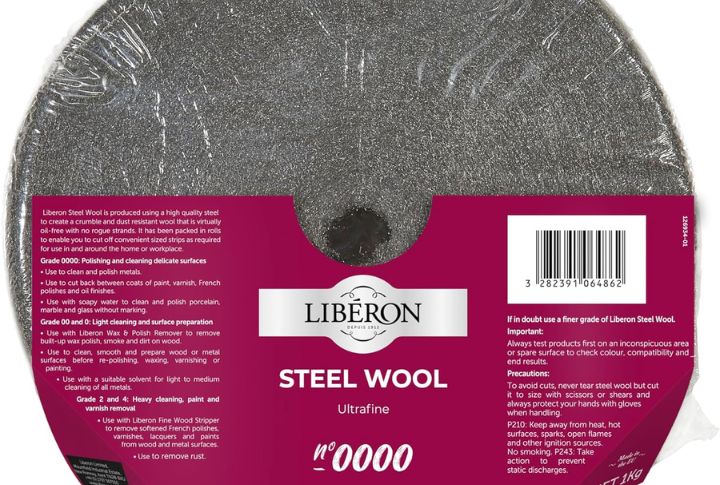
If you see rust on your skillet, use steel wool to scrub the affected areas and dry it completely. Then, apply a thin coat of oil and put your skillet upside down in a preheated oven at 375°F for one hour to reseason and protect it.
Don’t Use Dish Soap Often
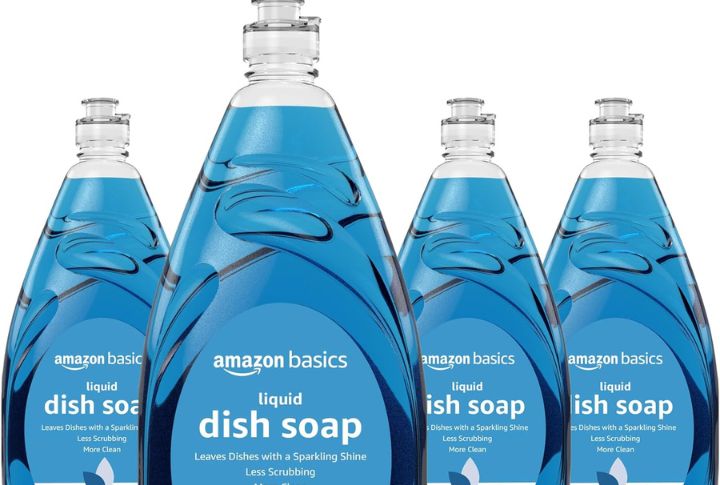
Dish soap strips the seasoning of your cast iron, which ruins its non-stick quality. Only use, and always reapply oil afterward. For most cleanups, hot water and a scrubber should do the trick without the soap
Keep Away from High Humidity
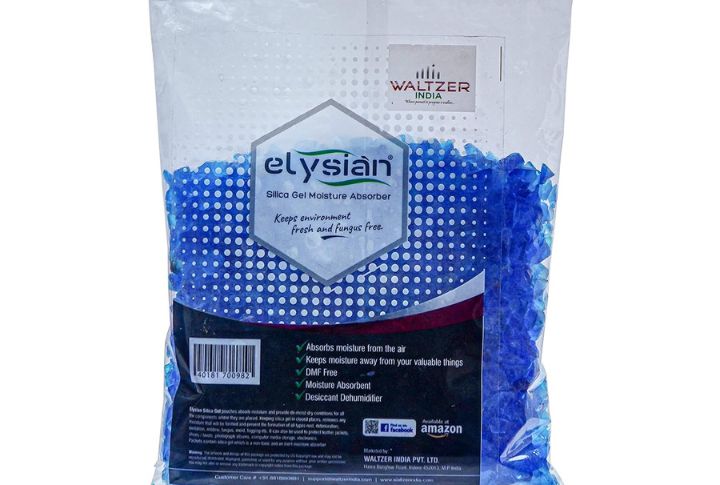
It is important to store your skillet in a dry environment to avoid moisture buildup. Humidity speeds up rust formation on cast iron. If you live in a humid area, consider adding silica gel packs to your storage area for extra protection.
Use Baking Soda for Tough Stains
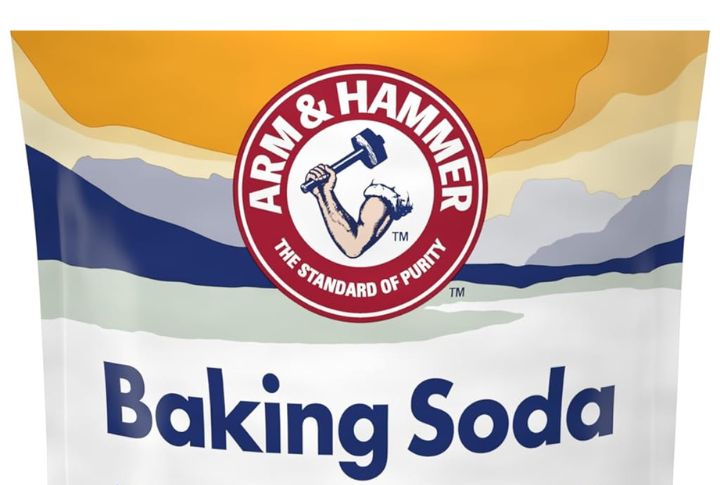
This common kitchen staple is a gentle abrasive that effectively removes stubborn stains. Mix it with water to form a paste and scrub the problem areas. Baking soda lifts grime without damaging the skillet; you won’t risk losing your seasoning.
Avoid Using Metal on the Surface
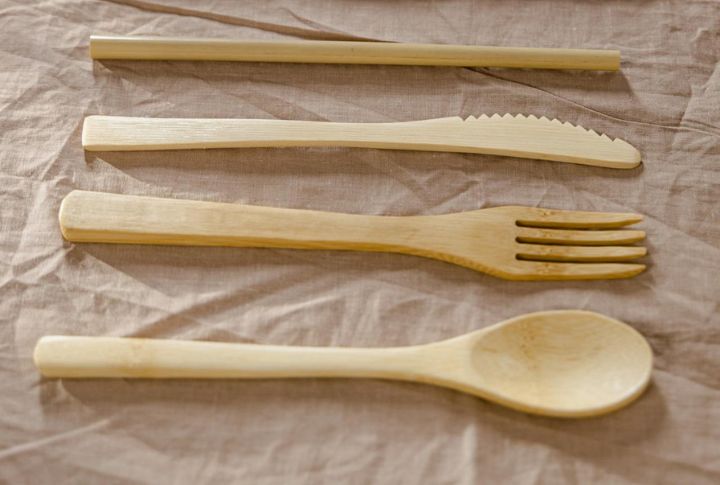
Metal utensils can scratch the seasoning on your skillet and leave it vulnerable to rust. Stick to wooden or silicone utensils to keep the surface smooth and well-protected. This way, your skillet will remain non-stick and easier to clean.

